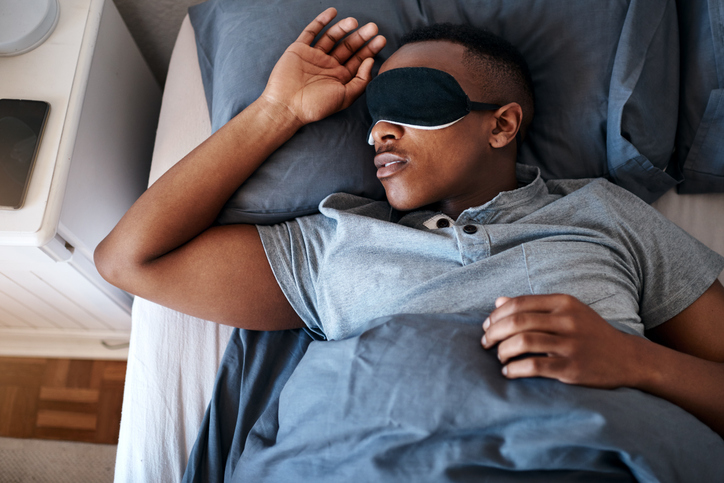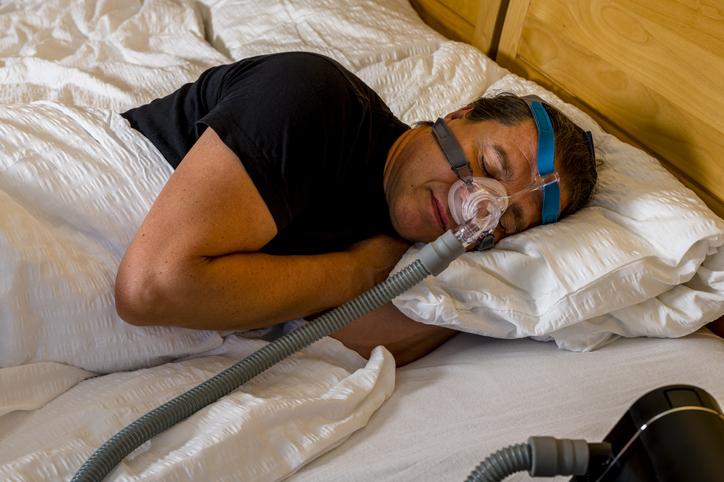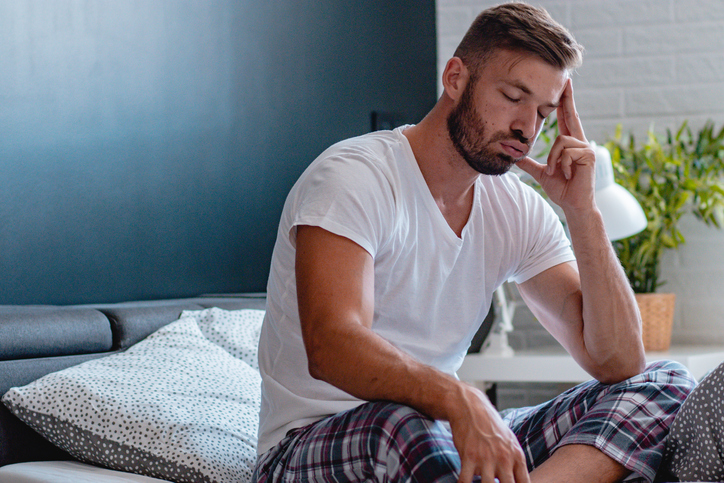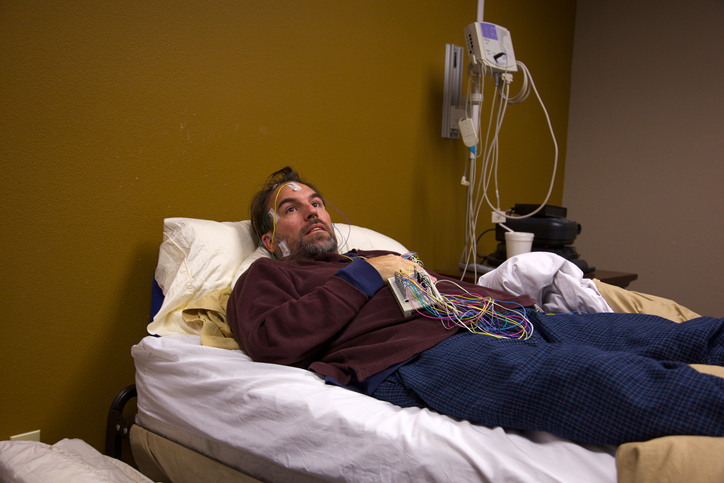Living with Chronic Pain
Tips for Falling Asleep
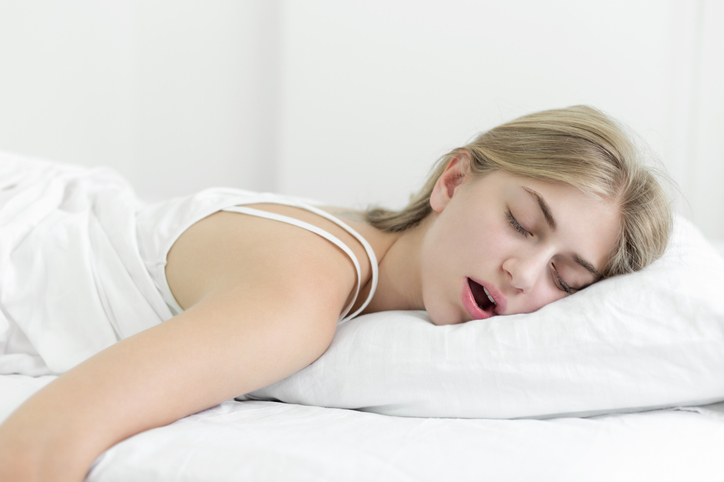
3 people found this helpful
Print
Share
Save
While sleep comes easy for some people, it is elusive for others. Lack of sleep can lead to various negative impacts on the mind and body, including, but not limited to, issues with memory, mood, emotions, learning, and biological functions. Proper sleep not only regulates mood, it also regulates body and brain function. Adults typically need seven to nine hours of sleep in a 24-hour period.
The mind and body need to be in a relaxed state to fall asleep. Several lifestyle and behavior changes can help sleep occur in a timely manner.
Sleep promotion tips
- A comfortable environment is essential for proper sleep. At the onset of sleep, the core body temperature decreases while the temperature of the hands and feet increases. Although preferences differ, thermostats set between 60 and 75 degrees Fahrenheit (15 and 23 degrees Celsius) aid in the process of falling asleep. Opening a window is sometimes a good alternative to cool the room. Taking a warm bath or shower about an hour before bedtime encourages the body to cool itself, sending signals to the brain to fall asleep.
- The 4-7-8 breathing method is a relaxation technique that promotes sleep. The 4-7-8 breathing method is done as follows: The tip of the tongue should be placed behind the upper front teeth and kept in place the entire process. Completely exhale through the mouth and make a whooshing sound. Close the mouth and inhale deeply and slowly through the nose for four seconds; the belly should expand during inhalation. Hold the breath for seven seconds. Slowly exhale while making a whooshing sound for eight seconds. Let the worries of the day escape the mind and body with each exhale. Repeat a minimum of three times. A physician should be consulted before using this technique if asthma or COPD is an issue.
- A sleep schedule helps regulate the body’s internal clock. Going to bed and waking up on a regular schedule allows the body to easily adjust at bedtime and quickly fall asleep. It is important to relax the body and mind for approximately 30 minutes prior to going to bed. To help the body regulate its internal clock, waking at the same time each day — regardless of the previous night’s sleep experience — is recommended.
- Daylight and darkness regulate sleep and wakefulness. The body and brain become alert during exposure to light, while darkness boosts melatonin, promoting sleep. If sleep is required during the day due to night shift work, blackout curtains can help darken the room for daytime sleeping.
- Yoga, meditation and mindfulness help calm the mind while also relaxing the body. Breathing patterns and body movements during yoga help release body tension. Meditation increases melatonin levels, promoting sleep. Mindfulness helps the mind focus on the present moment rather than the worries of the day.
- Relaxing music improves sleep quality by encouraging deeper sleep patterns. Listening to relaxing music 45 minutes prior to bedtime also helps relieve stress.
- Physical activity increases serotonin levels in the brain while decreasing cortisol, a stress hormone. Physical activity at night produces a stimulant effect; therefore, moderate daytime exercise works best to promote nighttime sleep.
- A comfortable mattress and bedding is essential to achieve quality sleep. A medium-firm mattress can help reduce sleep disturbances. Pillows affect the curve in the neck, body temperature, and overall comfort. Orthopedic pillows may help sleep quality. Using a weighted blanket can reduce stressful feelings, promoting a more restful sleep. Comfortable sleep clothing is also important. Having pets sleep somewhere other than the bed can also help improve quality sleep.
- Aromatherapy can help with falling asleep faster by promoting relaxation. Lavender and damask rose are two scents that are popular in promoting sleep.
- Journaling can help release worries and promote gratitude, resulting in lower anxiety and stress. Negative emotions make falling asleep difficult; however, positive thoughts calm the mind.
- Sleep-enhancing supplements can help promote sleep by increasing sleep hormones or calming brain activity. Sleep-enhancing supplements include, but are not limited to, magnesium, 5HTP (5-hydroxytryptophan), melatonin, theanine, and GABA (gamma-aminobutyric acid).
- Trying to stay awake may actually help with falling asleep. Trying to force sleep can have the opposite effect. Therefore, trying to stay awake may actually promote falling asleep.
- Visualizing peaceful places and relaxing activities can help sleep occur in a timely manner. Visualization occupies the mind with good thoughts and reduces worrisome thoughts.
- Making a list of things that need to be done helps eliminate the need to mull over responsibilities and worries while trying to fall asleep.
- Limit time trying to fall asleep by getting out of bed after 15-20 minutes if sleep does not occur. A relaxing activity, such as reading a paper book and returning to bed when drowsiness or relaxation occurs helps the mind associate the bed with sleep only.
- Reduce stress with relaxation therapies, such as progressive muscle relaxation, deep breathing techniques, guided imagery, meditation, or biofeedback.
Things to avoid
- The use of electronics, such as watching television, playing video games, using cell phones, and networking on social media, should be avoided as bedtime nears. Ensuring that the bed is used for sleep, free from distractions, promotes sleep. Using electronics increases alertness, resulting in difficulty falling asleep.
- Clock-watching should be avoided. Anxious thoughts may develop about time passing without sleep occurring. It is best to either remove the clock from the room or turn the face of the clock so that it cannot be seen during the night.
- Naps should be avoided for those with insomnia. While a short nap can rejuvenate the mind and body, long naps (two or more hours) or late evening naps actually interfere with nighttime sleep. Good quality sleep can also be affected by daytime napping.
- Certain foods and drinks can interrupt sleep schedules. Meals consisting of high carbs may help with falling asleep faster; however, sleep quality is decreased. High carb meals should be eaten at least four hours prior to bedtime. Drinking a lot prior to bedtime causes the bladder to be overwhelmed, resulting in awakening to use the bathroom. Caffeine, found in chocolate, coffee, sodas and energy drinks, should also be avoided six hours prior to bedtime. Alcohol can cause frequent awakening, and nicotine is a stimulant that can hinder sleep.

